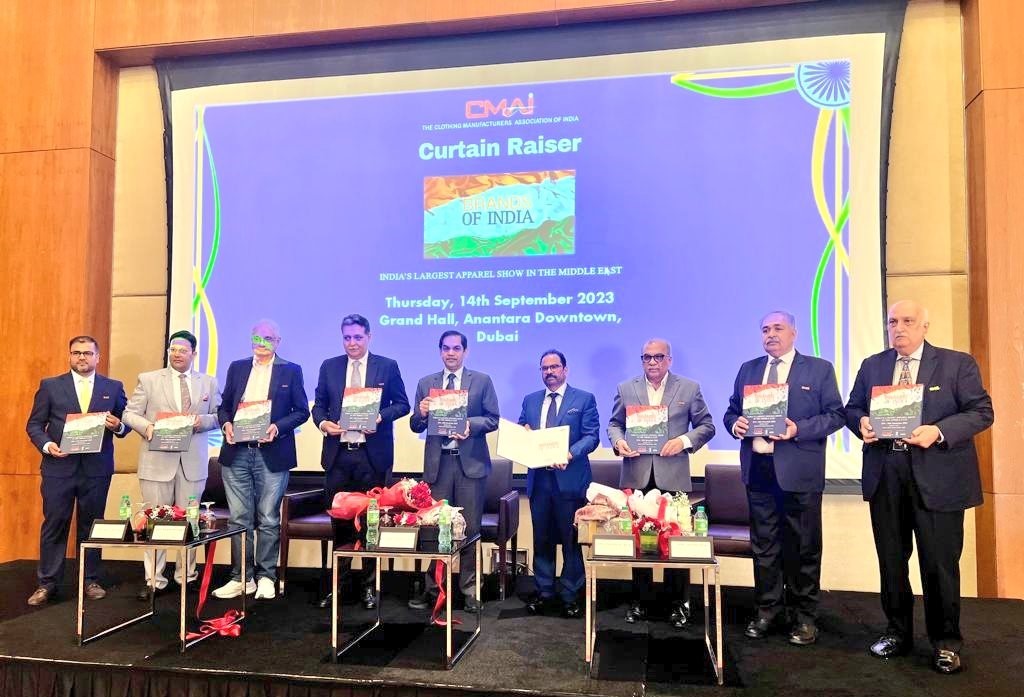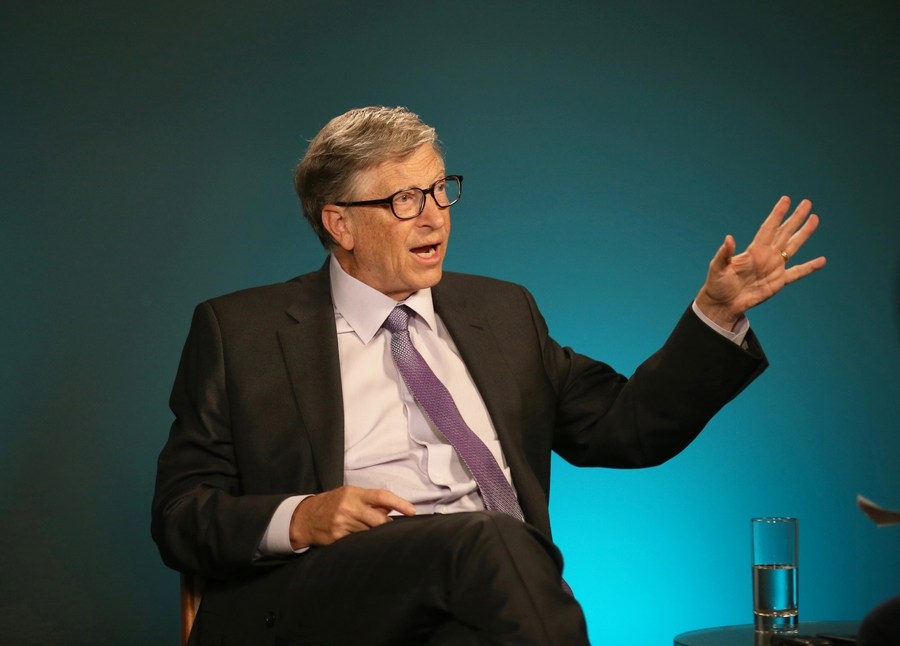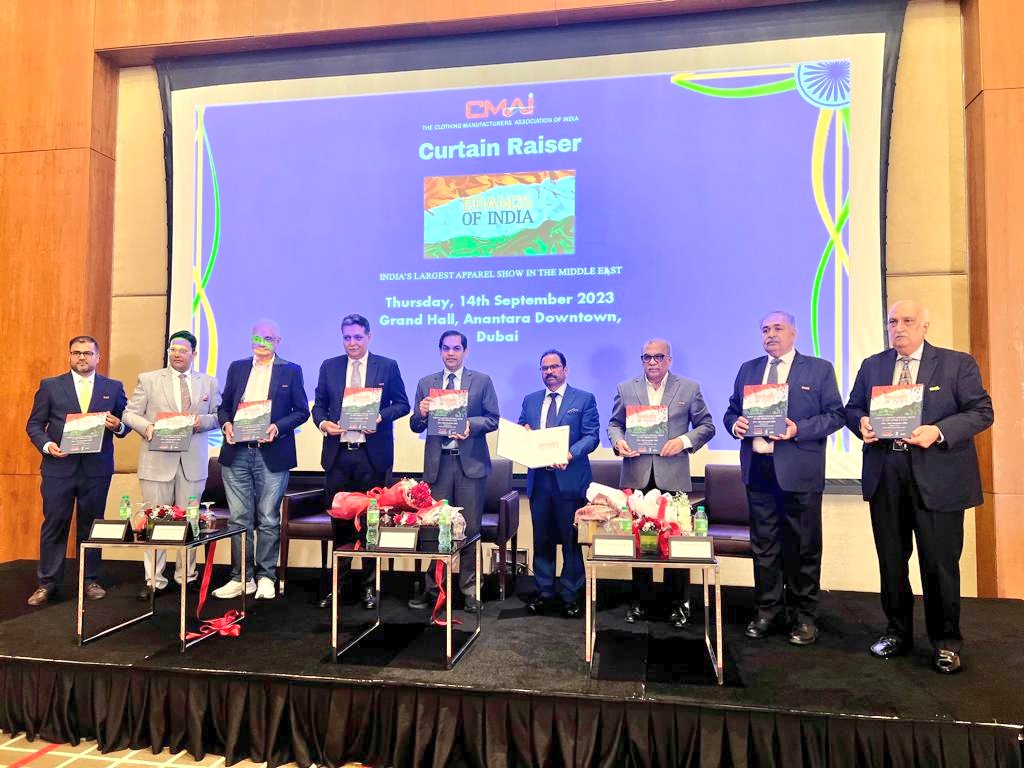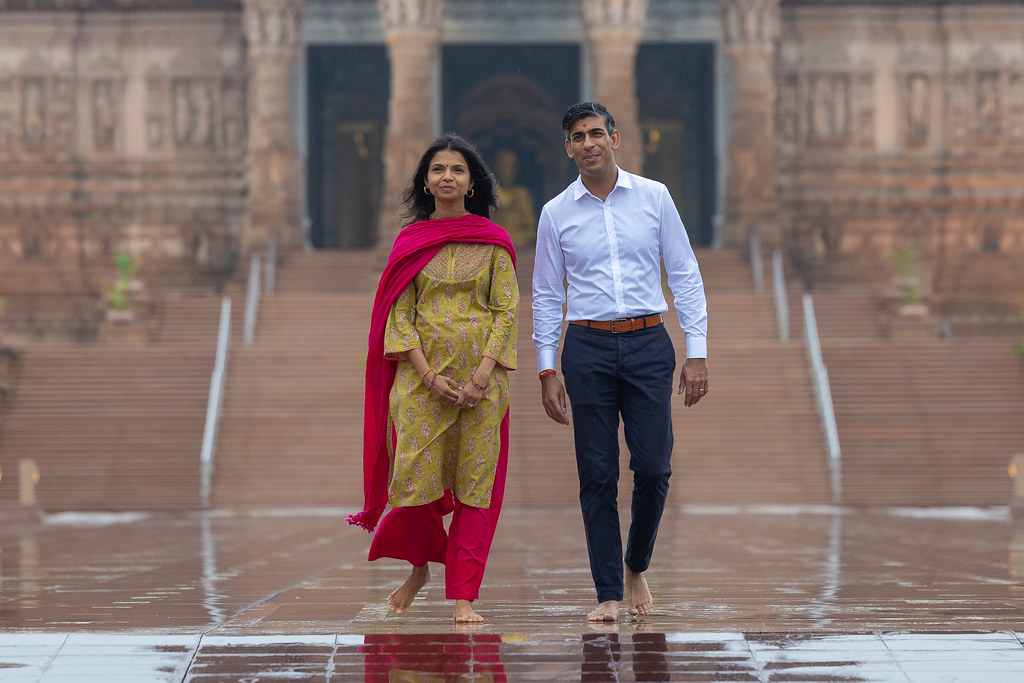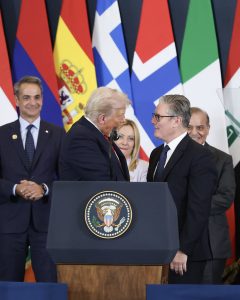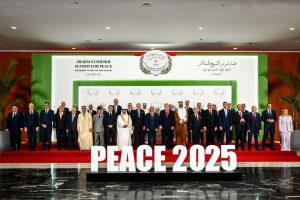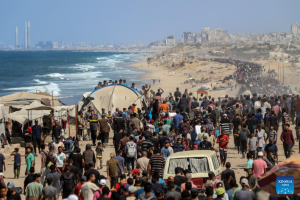Global growth markets harbour enormous potential, commanding over 60% of the world’s GDP, along with an unprecedented intergenerational wealth transfer expected to be approximately US$30 trillion….reports Asian Lite News
The Arab Foundations Forum, platform dedicated to advancing the practice and impact of philanthropy in the region, convened its Annual Meeting at the American University in Cairo to facilitate a dynamic exchange of ideas and insights among leaders, practitioners, and advocates.
The two-day event was attended by leading organisations, including Saleh Abdullah Kamel Humanitarian Foundation, Sawiris Foundation for Social Development, King Khalid Foundation, Crescent Enterprises, Pearl Initiative, King Hussein Foundation MENA, Ford Foundation, Alfanar, and Save the Children.
In his opening keynote, Badr Jafar, CEO of Crescent Enterprises and COP28 Special Representative for Business & Philanthropy, underscored the tremendous potential of Arab philanthropy to drive large-scale economic and social innovation, saying “We are on the cusp of converting the enormous potential of Arab philanthropy into a driver of large-scale social innovation. Whilst our region faces significant challenges around poverty, unemployment, climate change, social justice, and women’s empowerment, we have the resources, tools and creativity to overcome them – and philanthropy is well placed to play a leading role.”
Global growth markets harbour enormous potential, commanding over 60% of the world’s GDP, along with an unprecedented intergenerational wealth transfer expected to be approximately US$30 trillion. $1trillion of wealth is expected to be transferred to the next generation within the next 6 years in the Middle East.
Global growth markets are poised to becoming a centre for large-scale strategic philanthropy and social innovation. Jafar spoke of a multi-step, multi-stakeholder intervention required to drive large-scale social change, comprising collaborative frameworks involving individuals, families, businesses, and governments.
Emphasising the imperative to build and strengthen a philanthropic infrastructure, Jafar commented that it is essential to activate and reinforce relevant networks, streamline conducive regulation, and enhance philanthropic governance, supported by solid data and evidence. He noted “Systemic change is not something that can be brought about single-handedly. It requires a concerted and collaborative effort from philanthropic entities, governments, business, and civil society. By forging alliances and partnerships, we can greatly amplify the reach and impact of our initiatives.”
Pointing out the substantial economic benefits of investing in women, given that global GDP could gain a minimum of US$7 trillion each year by closing the gender gap in the workforce, Jafar said: “We must recognise the economic case for investing in women’s empowerment. Arab women have unique experiences and challenges shaped by the region’s distinctive cultural context. Initiatives must be grounded in this reality while progressively aiming for equality and inclusivity.”
Underscoring the need for regulation and governance to strengthen the sector, Jafar highlighted the importance of building trust with community partners, policy makers, and the public. He outlined the work of the Pearl Initiative’s Governance in Philanthropy programme and its role in raising awareness of good practices and governance standards in the Gulf region’s philanthropic ecosystem.
Appointed as COP28 Special Representative for Business and Philanthropy, and Chair of the COP28 Business & Philanthropy Climate Forum, Jafar spoke of the imperative role philanthropic resources must play in catalysing public and private finance to unlock the trillions of dollars needed toward climate adaptation and mitigation outcomes.
“Philanthropic capital can strategically deploy flexible, risk-tolerant, and patient capital in ways that uniquely leverage business and government capital and create a multiplier effect to unlock the trillions of dollars required for both climate adaptation and mitigation outcomes,” Jafar added.
Badr Jafar also discussed the COP28 Business & Philanthropy Forum scheduled to take place on the 1st and 2nd of December, which will bring together over 500 CEOs and global philanthropy leaders, alongside policy heads, to catalyse collective action towards key areas including: accelerating green technology transfer, de-risking green investments through blended finance, fostering climate and nature innovative entrepreneurial solutions, and supporting the most climate-vulnerable countries to build a more resilient and sustainable future.

